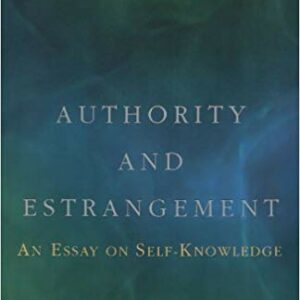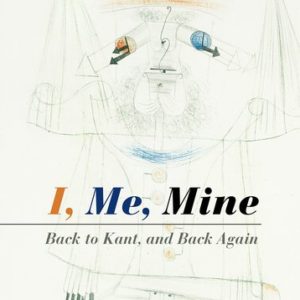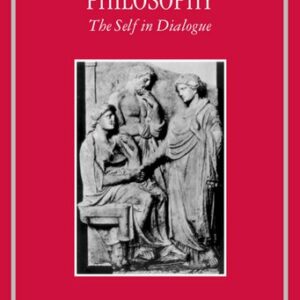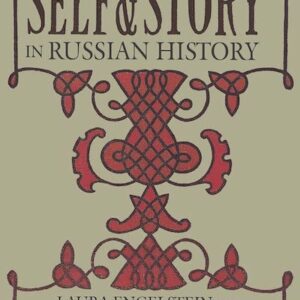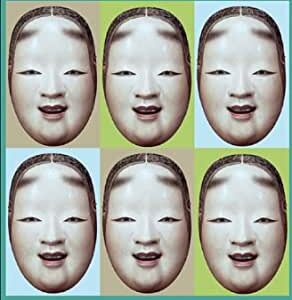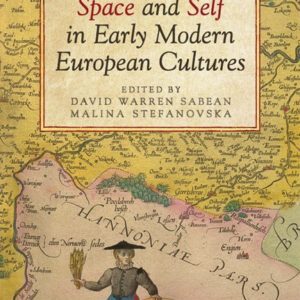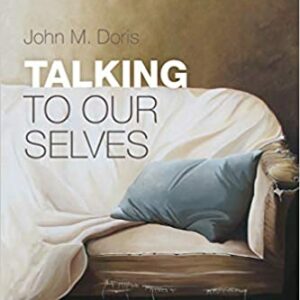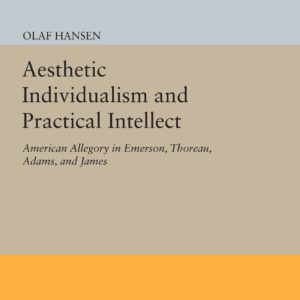
Aesthetic Individualism and Practical Intellect: American Allegory in Emerson, Thoreau, Adams, and James
By Olaf Hansen (NHC Fellow, 1983–84) Addressing vital issues in the current revision of American literary studies, Olaf Hansen carries out an exposition of American writing as a philosophical tradition. His broad and comparative view of American culture reveals the importance of the American allegory as a genuine artistic and intellectual style and as a … Continued
